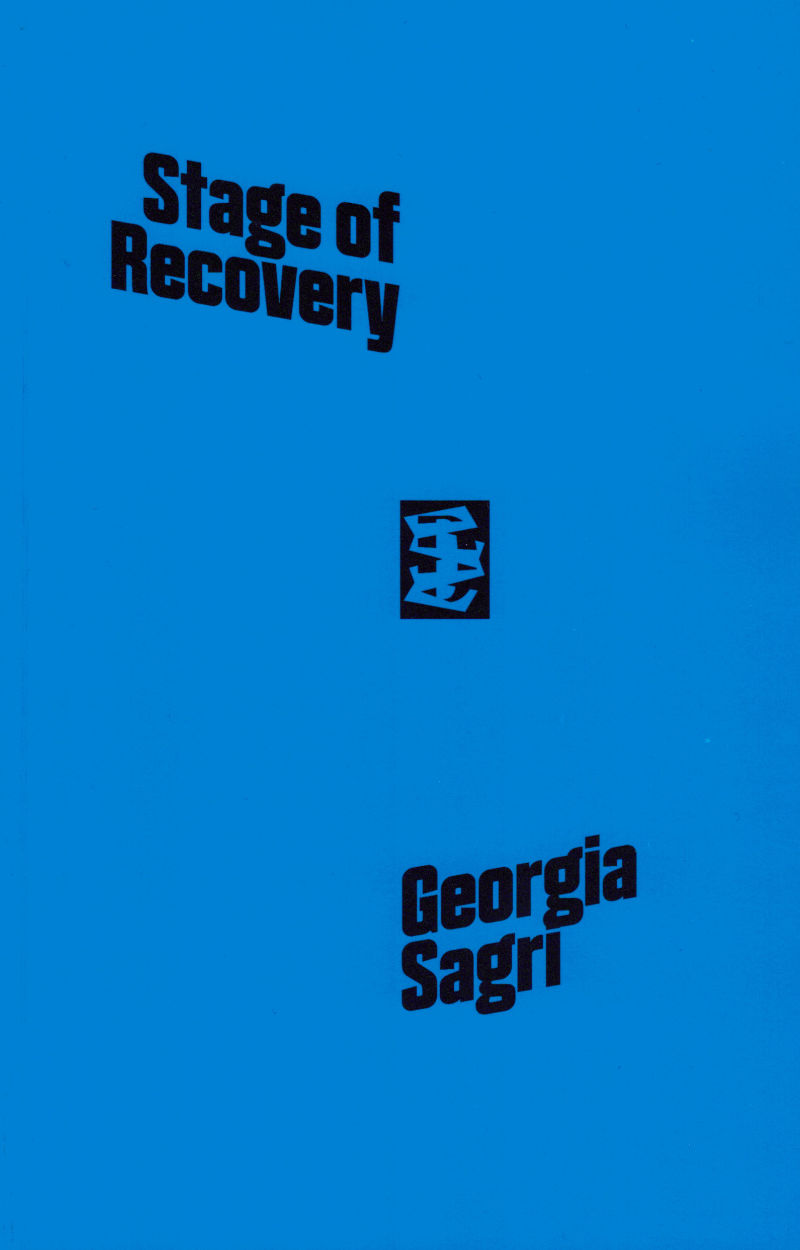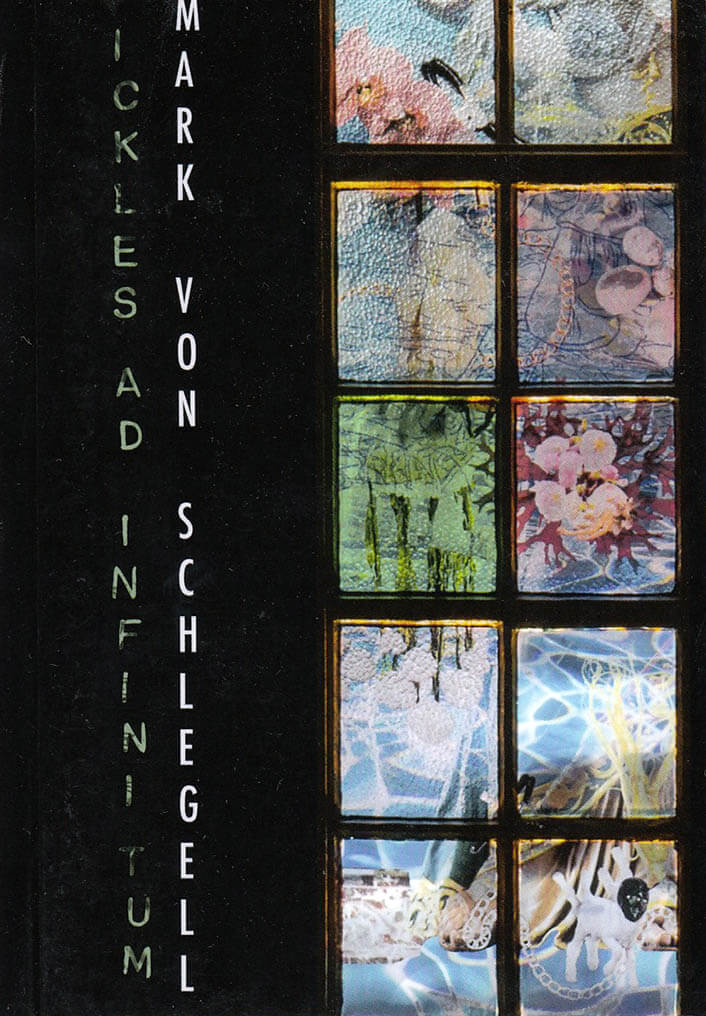
Sibyl's Mouths
Mark Von Schlegell ed., Luzie Meyer ed., Erika Landström ed., Ellen Yeon Kim ed., Rosa Aiello ed.
Sibyl's Mouths is the most recent in a series of publications by Pure Fiction, a writing and performance group with shifting members active since 2011.
From February 12 to March 6, 2022, Pure Fiction presented an exhibition and performance program at the Kölnischer Kunstverein in Cologne titled "Shifting Theater: Sibyl's Mouths". The starting point was a collective reading of Mary Shelley's 1826 novel The Last Man, in which the narrator discovers a collection of scribbled oak leaves scattered in a cave outside Naples. Alleged prophecies of the Cumean Sibyl, the textual fragments inscribed on the leaves foretell the story of an epidemic that ravages the globe in the 2100's—a period where solitude, intimacy, and the perception of time is radically renegotiated.
Through a multiplicity of textual genres and writerly approaches, contributors examine the questions and forms that emerge from prophecy: the role of the voice in text, writing and performance; fragmentary heterogeneous narratives.
The mouth is consulted, not only as a mouthpiece or as a cavernous instrument for vocalization but as an essential part of the digestive tract. Processes in the gut, such as assimilation, excretion, and regurgitation involve multiple temporal directionalities, and may function as metaphorical gateways to intuitive truths.
Contributions by Rosa Aiello, Gerry Bibby, Coleman Collins, Ayanna Dozier, Annie Ernaux, Amelia Groom, Michèle Graf & Selina Grüter, Monilola Olayemi Ilupeju, Ellen Yeon Kim, Bitsy Knox, Dan Kwon, Erika Landström, Enad Marouf, Katrin Mayer, Aislinn McNamara, Kamila & Jasmina Metwaly, Luzie Meyer, Vera Palme, Theresa Patzschke, Georgia Sagri, Mahsa Saloor, Elif Saydam, Mark von Schlegell, Simon Speiser, Elaine Tam, C.S. Tolan, Mikhail Wassmer, Anna Zacharoff.







